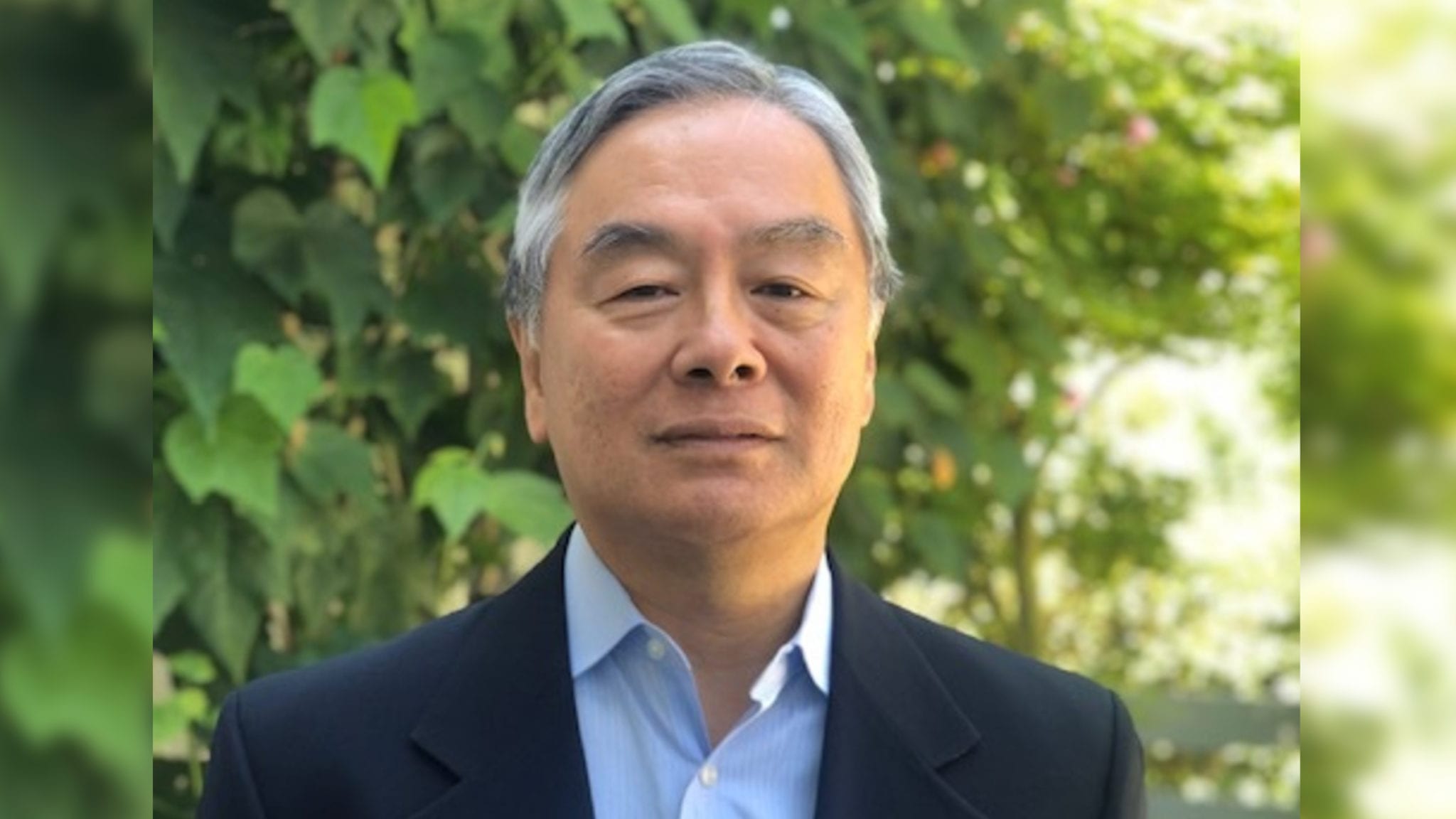
Bruce Hironaka, IgGenix CEO
IgGenix emerges from stealth with $10 million Series A hoping to re-engineer allergic cascade
A little over six months after the FDA approved the first treatment for peanut allergies, a new biotech has emerged hoping to break through in …
Sign up to read this article for free.
Get free access to a limited number of articles, plus choose newsletters to get straight to your inbox.